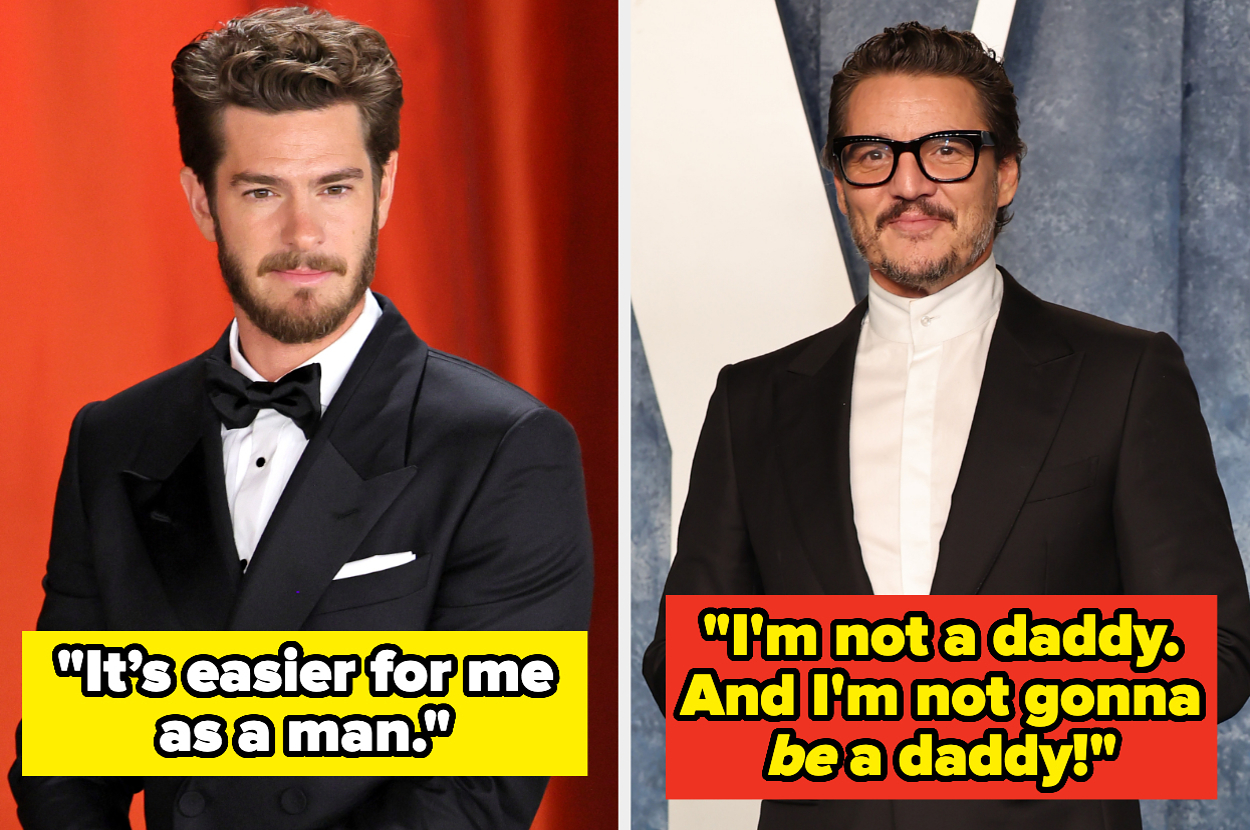
The BDN Opinion section operates independently and does not set news policies or contribute to reporting or editing articles elsewhere in the newspaper or on bangordailynews.com
Jill Ebstein is the editor of the “At My Pace” series of books and the founder of Sized Right Marketing, a consulting firm. She wrote this for InsideSources.com.
Two summers ago, I had one of the best reading experiences of my 65 years. I plowed through Charles Dickens’ “David Copperfield” — all 768 pages — and then acted as a commissioned sales rep, telling everyone they should do the same.
The book is worthy of its own column, but most impressive to me is that my attention span held. I stuck with it. Reading long books is a problem, further evidenced by my book club.
Our book club has been together for 15 years, and we’ve enjoyed sumptuous reads like “Anna Karenina” by Leo Tolstoy and “Lonesome Dove” by Larry McMurtry, each clocking in at 864 pages.
My book club can’t do that today.
Today, when we pick our read, the first criterion is length, with a goal of not exceeding 400 pages. Then, we hope to find something not dark and depressing. We get enough of that in our news feed.
As if I needed a reminder of my reduced attention span, my son had a story to share recently and added, “I’ll make it quick.” I responded that he didn’t need to make it quick, but something in my demeanor must have suggested otherwise.
For all these reasons and more, I’ve determined that my summer project is to expand my attention span. Not every second of life has to be a “productive” use of time, attacking a to-do list. I’ve even picked a word to remind me of my goal. Linger: To remain or stay on in a place longer than is usual or expected.
I will linger longer with my books, my kids and looking at my garden. My internal clock will change, which will naturally benefit my attention span.
It’s a worthy summer project, but how will I change my behavior? For that, I went straight to the internet to find some answers. I learned that a strong attention span is 45 minutes for a 60-some-year-old. That felt doable and way better than the commonly cited statistics suggesting our attention span is shorter than a goldfish by close to a second.
So, what factors have contributed to the decline in attention span, and what can I do to proactively manage it?
Google tells me the significant challenges include:
Too many digital devices infiltrating our space. I have a tablet on the table and a cellphone in my pocket. Guilty as charged. I can take the tablet off the table at mealtime.
Social media distractions: According to a 2023 Gallup survey, the typical U.S. teenager spends 4.8 hours daily on social media. This is not me, but it’s many. I won’t improve there.
Sleep deficit: Someone in their 60s should target sleeping at least seven hours a night. Everyone is different, and this is “on average,” but estimates are that only 5 percent of the population can get by on five to six hours of sleep. A sleep deficit profoundly affects our ability to focus, say the experts. I get my seven, though it often feels broken up.
There are positive changes we can embrace which might help. Namely:
Exercise: The CDC recommends exercising 30 minutes daily, five days a week. My dog ensures I get this. Health insurers might consider a dog credit like they do a gym credit.
Less multitasking: Research suggests that the costs of multitasking include making more mistakes, retaining less information, and changing the way our brain works. As 72 percent of us feel pressure to multitask at work, it shouldn’t be surprising that burnout and fatigue result. This leads to an inability to concentrate, which reduces our attention span. I can improve here.
Meditation or engaging in some form of mindfulness: These are restorative practices that give us a physical and emotional break. Taking a walk counts, but not if you are thinking about what awaits you when you return. Admiring the flowers or remembering a sweet memory will earn you bonus points.
With this in mind, I have chosen my summer read: Wilkie Collins’s novel “Women in White,” a 530-page mystery. Collins was mentored by Charles Dickens, and reviews suggest he is worth the effort.
If I make significant progress expanding my attention span, David Foster Wallace’s “Infinite Jest” will be next, but it’s a whopping 1,098 pages.
It’s good to have stretch goals.








